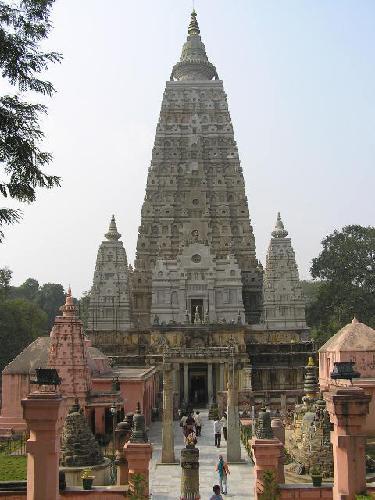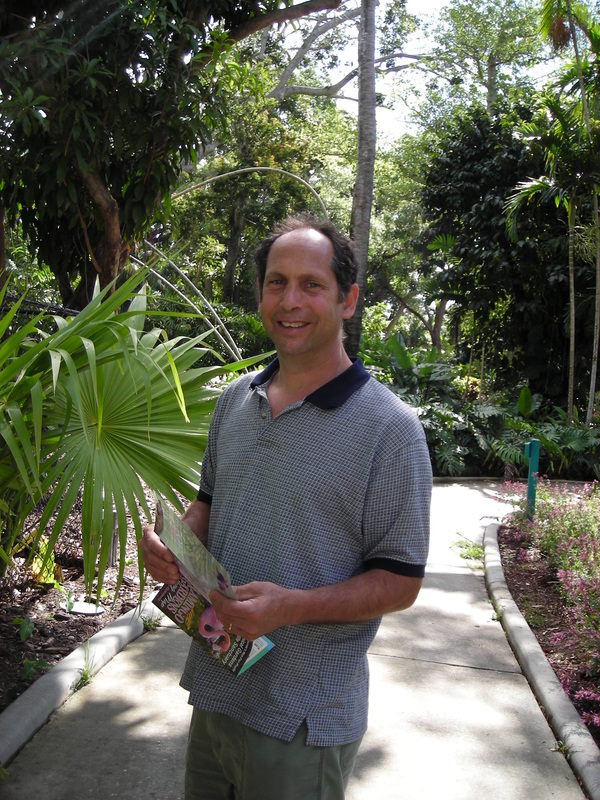for everything is murky and unclear.
And the burdensome practice of judging
brings annoyance and weariness.
What benefit can be derived
from distinctions and separations?
If you wish to move in the One Way
do not dislike even the world of senses and ideas.
Indeed, to accept them fully
is identical with enlightenment.
Yesterday (6/18) there was a tragic shooting that seems to be racially motivated. We were listening to news on the shooting and my wife asks me if the shooter is a Bodhisattva and I could only answer yes. We chant in the zendo Torri Zenji's Bodhisattva Vow with the line, "Though our enemies may revile and persecute us we should consider them bodhisattva manifestations...." The Dali Lama when asked who his greatest teacher was he responded; "The Chinese." These types of events test our practice of not judging. Some people immediately called the shooter evil but "evil" is not in the Buddhist vocabulary. No one is just plain evil no matter what suffering they cause. Everything is more complex then a simple label. We do not know the shooter's motivation, at this point but we can say he was deeply confused.
So how should we react to a tragedy like this? In our practice there is no "should" but we can react with sadness or compassion or love or even anger and then we let those feelings go. We might even be motivated to do something like campaign for gun control but even so our practice is not to be attached to outcomes.
I do not try to justify these events by calling them part of the Great Non-Dual Perfection and yet this is still how I see things. The Great Non-Dual Perfection is not about what we want as humans either in the present or future and yet in recognizing this non-dual perfection I become One with all of life and let myself feel it's pain and suffering and give freedom to my emotions.
What is it to have our thoughts in bondage? I am sure most of us think we are relatively clear headed but if we watch our thoughts we will recognize that we also have many patterns of obsessive thinking. Maybe we obsessively think about making money, or maybe we obsessively think about success in our profession. Maybe we obsessively think about sex or just obsessively think about a lover. We can be obsessive about cleanliness or our personal appearance. There are an uncountable number of possible obsessions. I worked with a fellow who obsessively thought about car racing and I can obsessively think about a math problem. And many people are obsessively critical. In fact if we watch our thinking we will recognize that our thoughts often just go from one obsessive thought to another. In other words most of our thoughts are just habits.
Our thinking is also deeply bound to our emotions. Emotion is a type of thinking though evolutionarily more primitive then our internal dialogue. Emotions trigger thoughts and thoughts trigger emotions. For most of us there is an emotional component to all our thoughts. And of course there is also obsession and habit with emotion. This is the bondage of our thoughts and it often doesn't make us very happy
Let's free our thoughts. Let's free our emotions. Let's free our actions. What is this freedom? If you think it is the freedom to think and do whatever you want that is not quite correct because in this freedom there is no individual you. We Buddhists are always saying that individuality is an illusion but it is obvious that there are individuals. The greater truth is is that everything we are as individuals results from causes and conditions that are greater then our own individuality. Even to say there are causes and conditions is to still to be caught in the snare of duality. So what can we say? Maybe it is better if we don't say anything? But then is this freedom. We cannot think our way out of this box because the box is our thoughts.
If you wish to move in the One Way
do not dislike even the world of senses and ideas.
Indeed, to accept them fully
is identical with enlightenment.
In Zen we try to cultivate not-thinking which is important if we are to see beyond the boundaries of our dualistic thought. Many practitioners trying to rid themselves of dualistic thought become critical of thought or maybe just some types of thought. For example I have a friend who as a Zen practitioner is critical of any thought about Zen or the larger philosophic questions that he think objectifies an answer. He has criticized me for saying that everything is in "process", though I find this a recognition of the obvious and little different then the Buddha's teaching on change. In an effort not to think dualisticaly they are discriminating and dualistic.
In an effort to cut themselves off from desire and discriminating thought some practitioners become ascetic. This is an old tradition in religious practice. The Buddhist tradition is not usually an extreme asceticism but rather a significant simplification and most serious practitioners find this simplified life an important part of their practice. This is the life of a monk. Again some practitioners make the mistake of giving an absolute value to asceticism and scorn sensual pleasure. Any one who has practiced with a Japanese teacher knows that the Japanese monk though living the simplified life of a monk does not all together avoid sensual pleasure. In fact the highly refined sensual pleasure of the tea ceremony is considered an exemplar of Zen in action. Ultimately all our attempts to discriminate ourselves out of discrimination fail. At some point we just give up discrimination but that means accepting everything including descrimination, dualistic thought ,sensual pleasure, and all the tragic events of the world, the whole ball of wax. Not only do we accept everything we become everything. We become Buddha, or maybe a better way to say this is, that we recognize that we are and always have been everything/ Buddha
As Zen practitioners we may live a simplified life and attempt to quiet our minds but these are not absolute values they are just our practice and as such they lead to certain results. Eventually we may not even find them a necessary part of practice because even though we partake in dualistic thought we are not caught by dualism and even though we indulge in sensual pleasure we are not attached to desires. To completely accept everything with a deep insight into the non-dual, this is the hopeful outcome of our practice.


 RSS Feed
RSS Feed